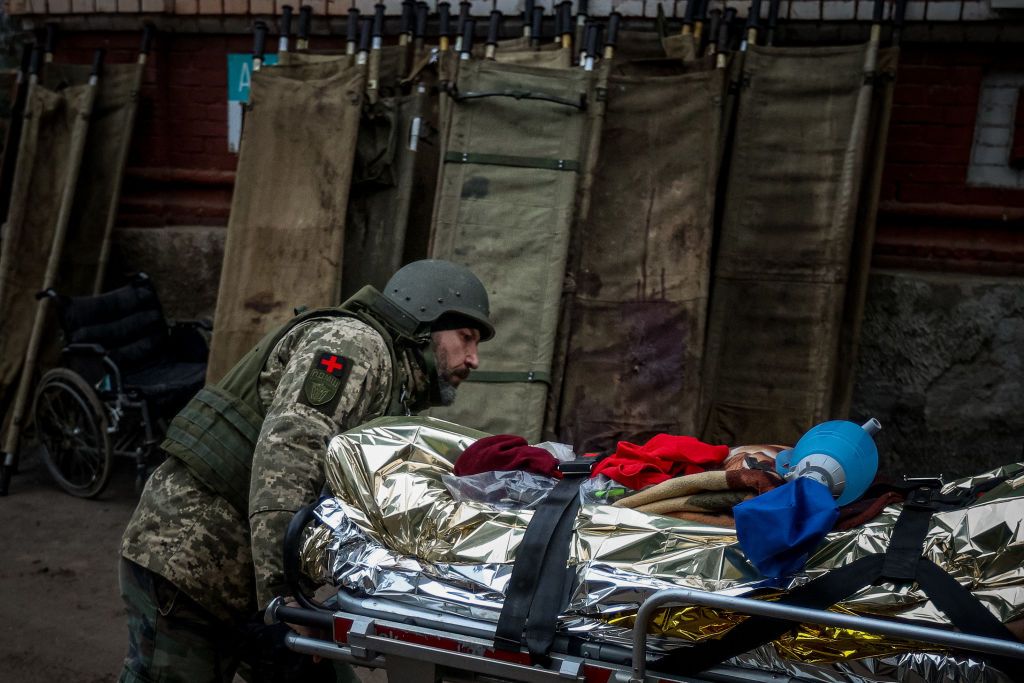Russian attacks on infrastructure increasing risk of infectious diseases in Ukraine, health minister warns

Rusian attacks on Ukraine's energy infrastructure are increasing the risk of the spread of infectious diseases like hepatitis, as water supply often stops when electricity is cut off, Health Minister Viktor Liashko said in an interview with BBC Ukraine published on June 20.
Russia renewed a campaign of strikes on Ukraine's power grid over the spring and early summer, causing regular blackouts across the country.
"When the electricity is cut off, the water supply often stops," Liashko told BBC Ukraine.
A prolonged stop to the water supply, and then starting it again can "lead to water-borne transmission of infectious diseases," he added.
Another issue is that when the water supply stops, people are unable to observe basic hygiene standards like washing hands or vegetables, Liashko said.
Blackouts also impact people's ability to store food in the correct conditions, leading to an increased risk of botulism and food poisoning, the health minister said.
Serhii Kovalenko, the CEO of energy supplier Yasno, said on June 17 that Ukrainians may only have electricity for 6 to 7 hours per day this winter due to Russia's strikes.
The Health Ministry recorded "outbreaks of viral hepatitis A, which is associated with water," in 2023, Liashko said.
According to Liashko, "there are no cases of cholera" in Ukraine, but the Health Ministry is monitoring any potential sign of the disease. Like hepatitis A, cholera is spread via contaminated water and food.












